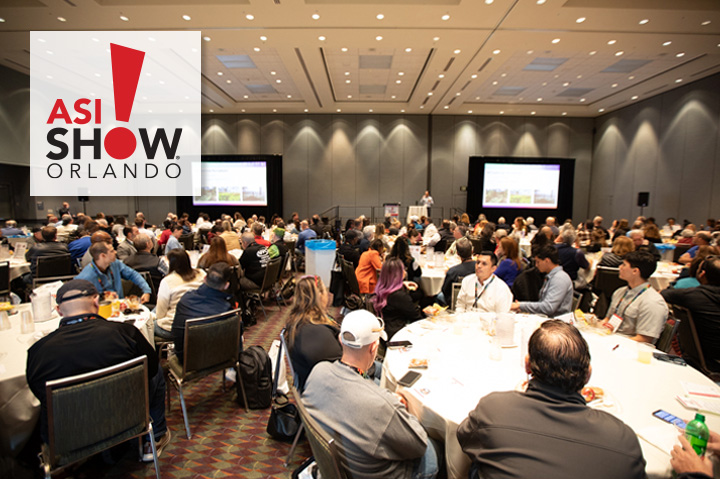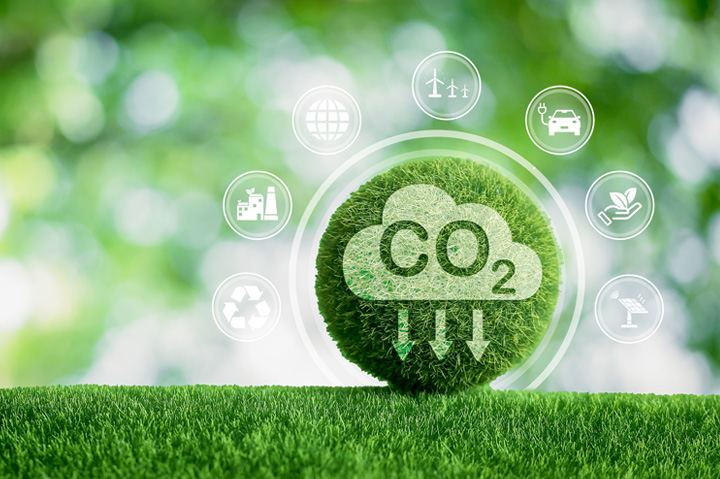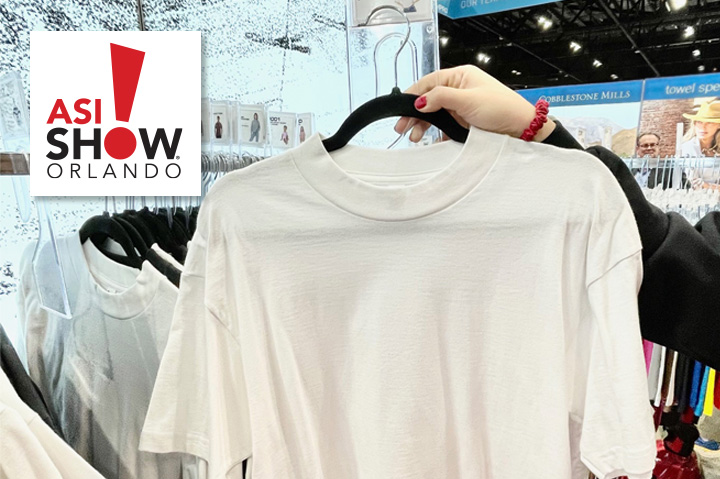Awards August 25, 2017
Factory Production Disrupted Throughout China; North American Suppliers Affected
The Chinese government has launched environmental inspections that have halted factory production and disrupted business for many promotional product suppliers.
In an effort to combat decades of air pollution and contaminated soil, the Ministry of Environmental Protection (MEP) has been investigating different provincial areas since April. Nearly 14,000 companies, about 70% of the businesses examined, failed to meet environmental standards for controlling air pollution, the MEP reported in June. The latest round of inspections has focused on Jilin, Zhejiang and Shandong provinces, with many factories shutting down as a result.
Industry leaders are being forced to make adjustments due to slowed production and shipment delays. CJ Schmidt, president of Top 40 supplier Hit Promotional Products (asi/61125), recently visited the country to assess the situation.

“It is apparent that the Chinese government is taking the pollution issue very seriously,” Schmidt says, “and in doing so, they are temporarily closing down many factories, of which most of our industry sources from. There is no clarity to the severity and longevity of this situation, but I do know that we will experience some delays in production in many of the categories we are in because of it.”
The main product categories being affected are metal, coatings and plastic, says Randy Chen, president of Impex International Inc., a New Jersey-based firm that provides direct import services and U.S.-based warehousing of imports for more than 100 promotional products industry suppliers.
“It’s the risk of sourcing from China,” Chen says. “The government makes decisions like this and we’re stuck waiting it out. That’s why companies need to be more diversified in their product lines and way of doing business.”
Scott Pearson, executive vice president of Top 40 supplier Logomark (asi/67866), compares the shutdowns to Chinese New Year, when the majority of the country takes off from work and school for a few weeks.
“We were aware of this early on and moved some shipments up to meet forecasted stock needs,” Pearson says. “It’s more about inconvenience and moving timelines and scheduling. Our customers are mostly concerned about having the inventory and shipping their orders on time. As long as we’re able to guarantee that happens, then it is business as usual.”
China has two of the top 10 cities with the worst air pollution in the world, according to the World Health Organization. Last December, Beijing’s city government issued a “red alert” due to dangerously increasing smog, ordering 1,200 factories to shut down. Beijing mayor Cai Qi has vowed to decrease coal use by 30% in 2017, eliminating coal-fired boilers that produce 10 tons of steam per hour.
As China adopts a more environmentally-friendly approach, suppliers have to consider another location for manufacturing, says Jonathan Isaacson, owner of Top 40 supplier Gemline (asi/56070). “The government has a plan to move to higher value items and a significant amount of volume has already left for other locations (think T-shirts which have, by and large, moved to other places),” Isaacson says. “In addition, as a part of the development program, it’s natural that China will think long term about how it manages growth. We can expect that, over time, they will seek to develop in increasingly sustainable ways.”
Isaacson says the conversation about China’s future has picked up in recent years as doing business has become more complex. “China is definitely inflationary and the regulatory environment has somewhat squeezed the profits of a number of producers,” he says. “At the same time, competition is really tough. For those that are not prepared, or who have not invested in the proper infrastructure, managing China is going to be increasingly difficult.”
Sponsored Content

Increase Productivity And Enhance Your Customer’s Brand
ANTI-FATIGUE Anti-fatigue mats are a great solution for a variety of applications....

The Perfect Banner For Every Situation
To close a sale, you need to direct your client to the perfect solution for their...
SPONSORED BY:
Wholesale Banners Online

5 Terms That Will Increase Your Performance Workwear Sales
When you present workwear, buyers want to hear how the apparel will perform on the...




